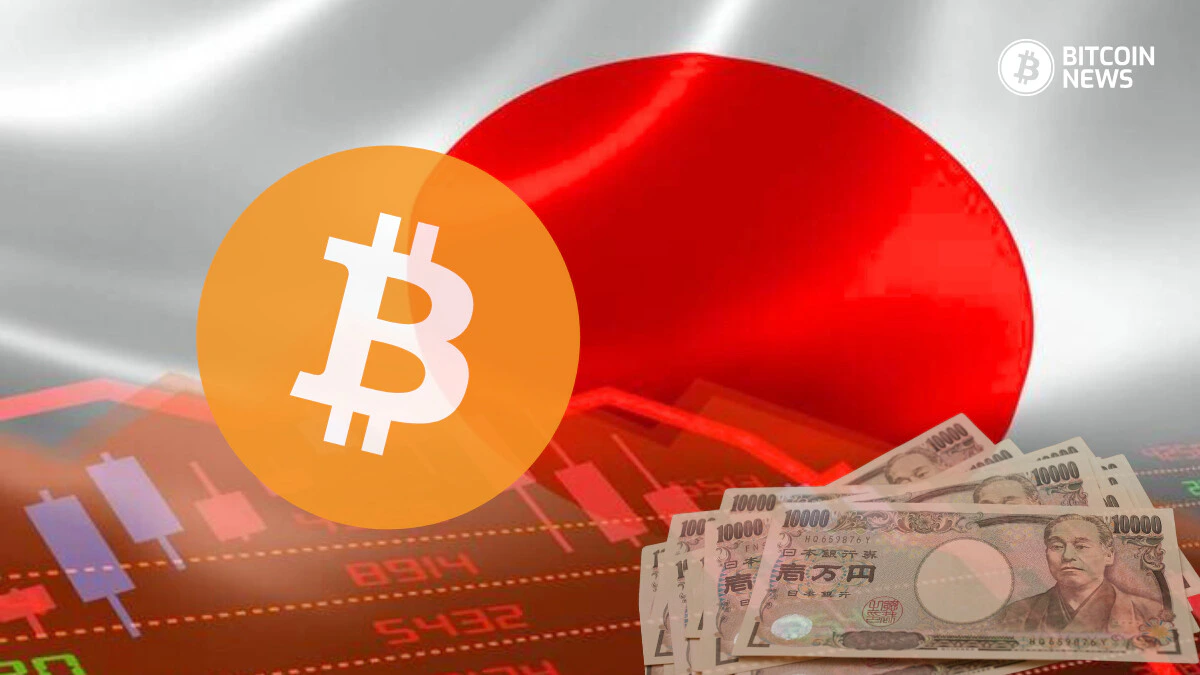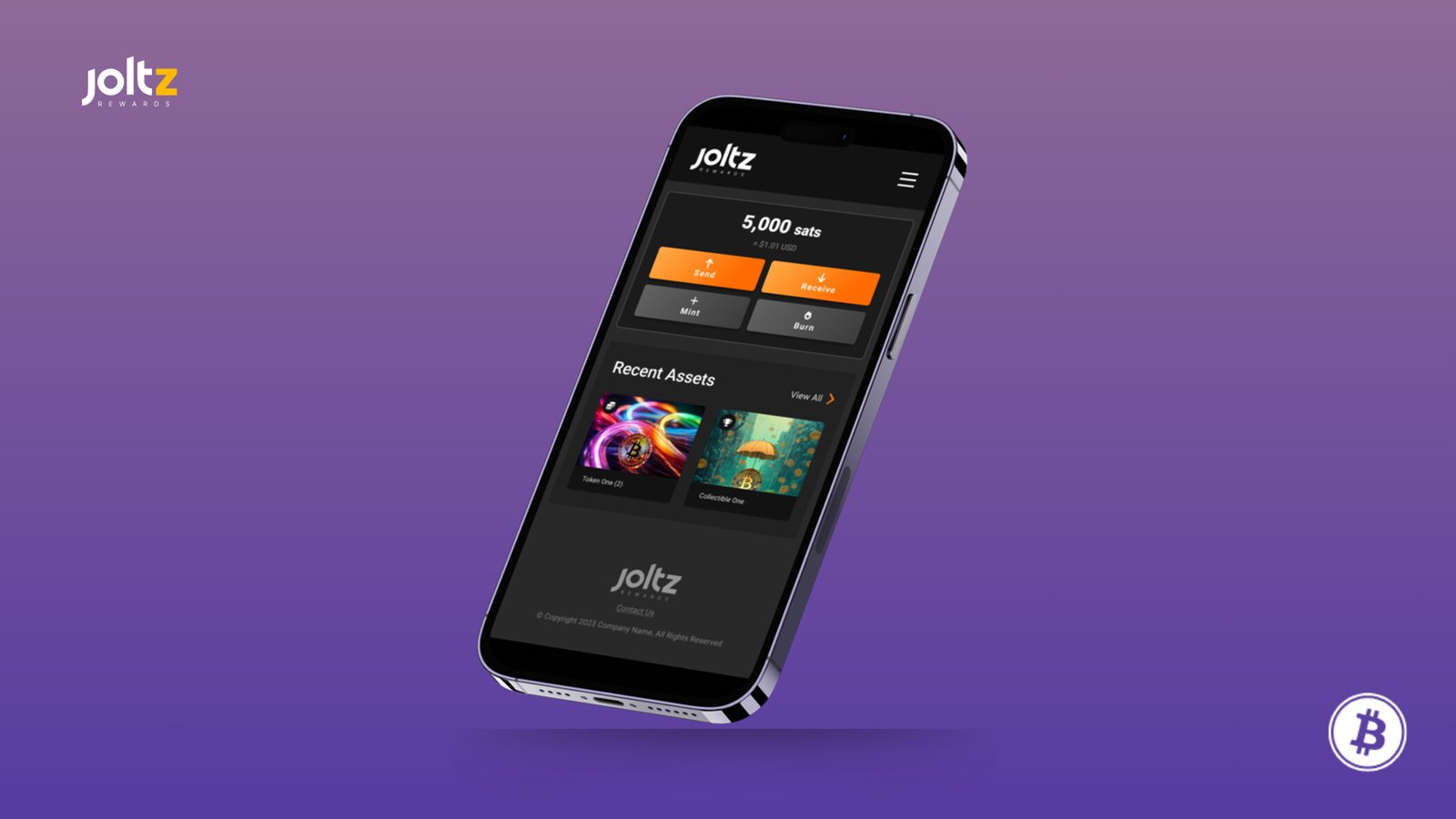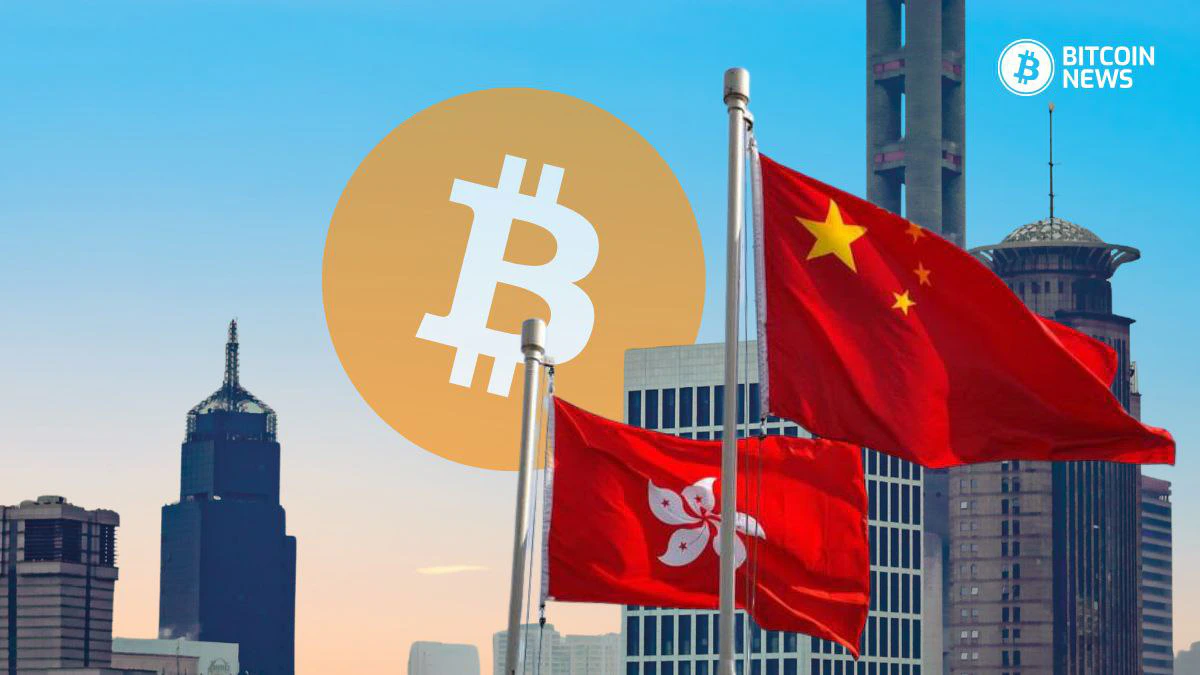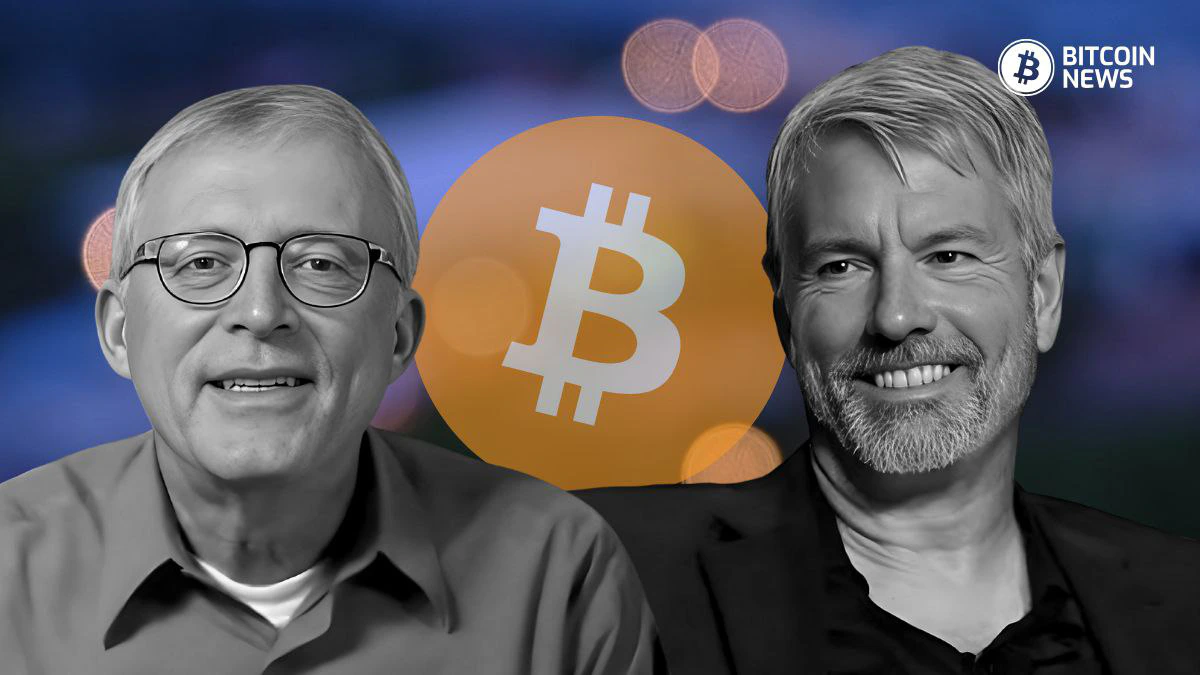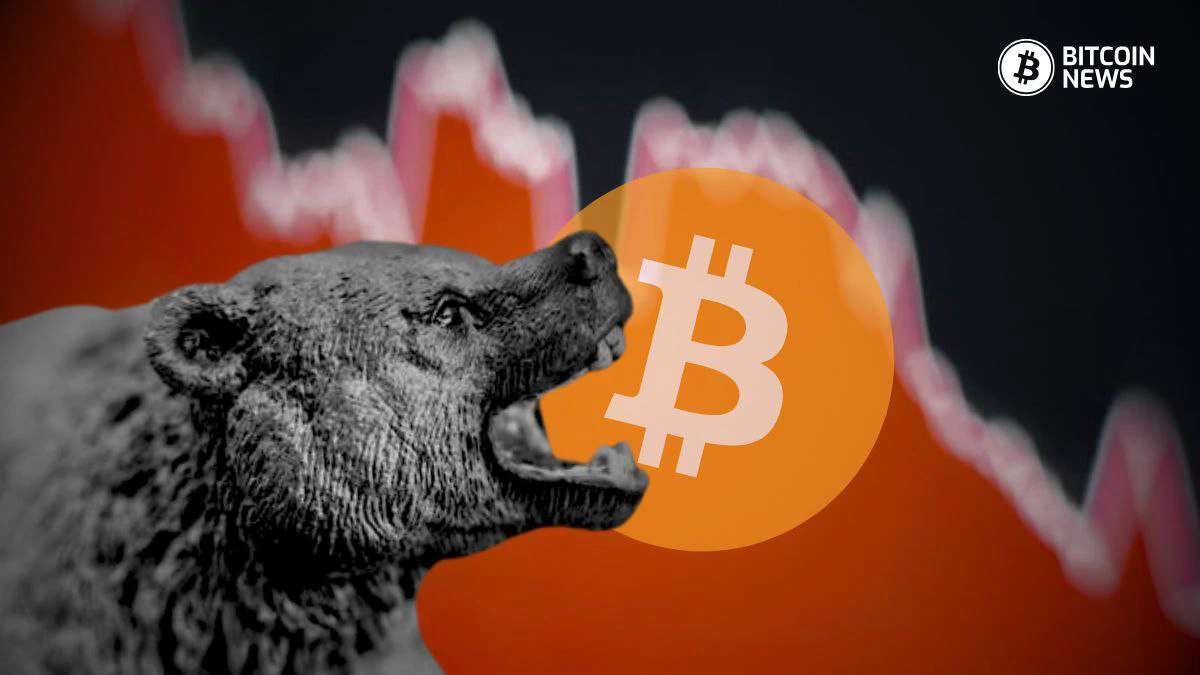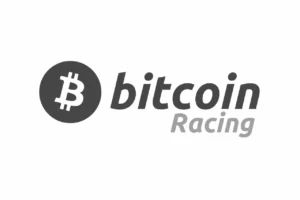Latest Articles
May 10, 3:30 pm
Announcing Casper by The Bitcoin Way: Your Shield Against Digital Threats
May 10, 12:41 pm
Ki Young Ju: Bitcoin Has What it Takes to Sustain a $265,000 Price Tag
May 10, 12:39 pm
Lightning Labs Announces Stablecoins on Bitcoin Lightning Network
May 10, 12:37 pm
Bitcoin Sharks Engage in Aggressive Buying Spree: Willy Woo
May 10, 12:36 pm
Bitcoin’s Potential Surge Amidst Japanese Yen Crisis: A Boon for Investors?
May 10, 12:35 pm
Core Scientific’s Revenue Soars Post-Bankruptcy Emergence
May 9, 12:28 pm
Susquehanna International Group Makes Substantial Bitcoin ETF Investment
Announcing Casper by The Bitcoin Way: Your Shield Against Digital Threats
May 10, 2024 · 3 min
Ki Young Ju: Bitcoin Has What it Takes to Sustain a $265,000 Price Tag
May 10, 2024 · 3 min
Announcing Casper by The Bitcoin Way: Your Shield Against Digital Threats
May 10, 2024 · 3 min
- Editor’s Picks
Vermont Lawmakers Look to Regulate Bitcoin ATMs in the State
May 8, 2024 · 3 min
Hong Kong Bitcoin ETFs Might Become Available to Chinese Investors
May 7, 2024 · 3 min
Peter Brandt Backs Saylor: “Bitcoin is Trade of a Lifetime”
May 6, 2024 · 3 min
Grayscale Bitcoin ETF Witnesses First Inflow Day Since Debut
May 5, 2024 · 3 min
Pension Funds Increasingly Eyeing Bitcoin Investments: Fidelity
May 4, 2024 · 3 min
Jack Dorsey’s Block Under Federal Scrutiny Over Regulatory Compliance
May 3, 2024 · 3 min
Bitcoin Starts May with Bloodbath, Is The Bottom In?
May 2, 2024 · 3 min
Coal Miner Alliance Resource Partners Has Mined 425 BTC Since 2020
May 1, 2024 · 3 min
Phoenix Wallet Withdraws from US Market Amid Regulatory Pressure
April 28, 2024 · 3 min
DTCC: Bitcoin ETFs Have No Collateral Value
April 28, 2024 · 3 min
Media Partners
We’re a Bitcoin-focused media outlet reporting on breaking news and updates. Our mission is to promote education and awareness by sharing accurate market news to help accelerate adoption.
We’re a Bitcoin-focused media outlet reporting on breaking news and updates. Our mission is to promote education and awareness by sharing and honest and accurate market news to help accelerate adoption.





